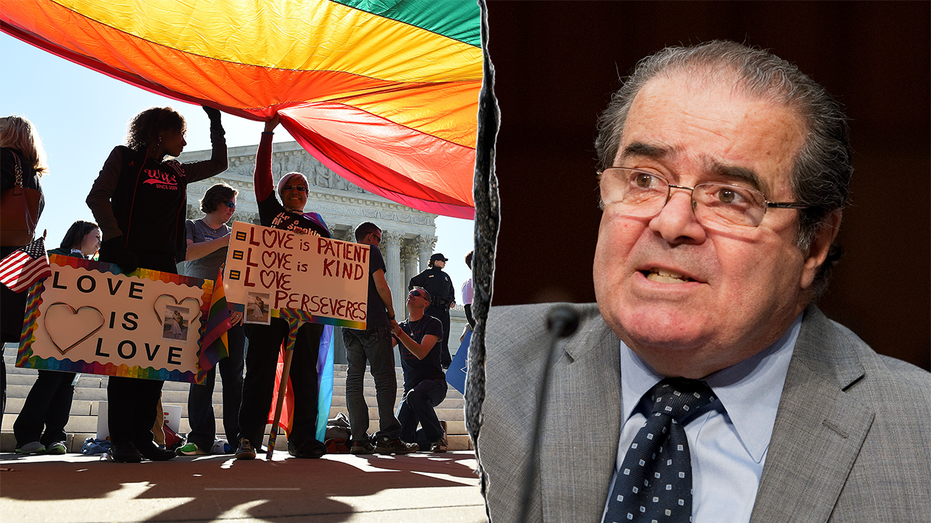Scalia’s Same-Sex Marriage Dissent: Prophetic Warning or Inflammatory Critique?

Sarah Johnson
June 26, 2025
Brief
Revisiting Justice Scalia’s fiery dissent on same-sex marriage, echoing today’s White House clashes with judicial overreach, a decade after Obergefell v. Hodges.
Ten years after the landmark Obergefell v. Hodges decision legalized same-sex marriage, Justice Antonin Scalia’s fiery dissent continues to reverberate through the halls of power. His warning that the Supreme Court’s ruling posed a threat to American democracy by overstepping judicial bounds finds a striking echo in today’s political climate, particularly in the White House’s ongoing clashes with the judiciary.
Scalia, a staunch advocate of textualism, argued passionately in 2015 that marriage as a constitutional right was nowhere to be found in the founding document. His nine-page dissent criticized the 5-4 decision as a blow to liberty, asserting it robbed citizens of their right to influence marriage laws through elected representatives. "A system of government that makes the People subordinate to a committee of nine unelected lawyers does not deserve to be called a democracy," he wrote, a line that still stings with relevance.
Fast forward to now, and the tension between the executive and judicial branches mirrors Scalia’s concerns. The current administration has repeatedly accused judges of overreaching, blocking key policies on immigration, economic tariffs, and more. Public statements from the President reflect frustration, claiming the courts are obstructing the mandate given by the electorate. This hostility toward judicial decisions feels like a page torn from Scalia’s playbook, raising questions about the balance of power in our government.
Scalia’s dissent wasn’t just a legal critique; it was a cultural lightning rod. He didn’t hold back, lambasting the majority opinion for its "hubris" and taking sharp, witty jabs at its author for what he called pretentious and egotistic prose. His memorable quip comparing the Court’s reasoning to "mystical aphorisms of the fortune cookie" remains a masterclass in judicial shade. While some saw his rhetoric as over-the-top or disrespectful, others argue it was a prophetic warning about the dangers of an unchecked judiciary.
Today, as battles over judicial authority intensify, Scalia’s words seem less like a relic of the past and more like a roadmap for current debates. With a conservative-leaning Supreme Court now in place, the dynamics have shifted, yet the core issue persists: where does the line between judicial interpretation and overreach truly lie? As these conflicts unfold, Scalia’s dissent stands as a reminder of the enduring stakes in defining democracy itself.
Topics
Editor's Comments
Scalia’s dissent reads like a script for today’s political drama—judges as unelected overlords? Sounds like a blockbuster plot! But seriously, if the Supreme Court keeps playing fortune cookie with the Constitution, we might need a new branch of government just for decoding their ‘wisdom.’ And hey, if Scalia were here, he’d probably say the White House’s tariff tantrum is just another chapter in his ‘I told you so’ saga.
Like this article? Share it with your friends!
If you find this article interesting, feel free to share it with your friends!
Thank you for your support! Sharing is the greatest encouragement for us.



